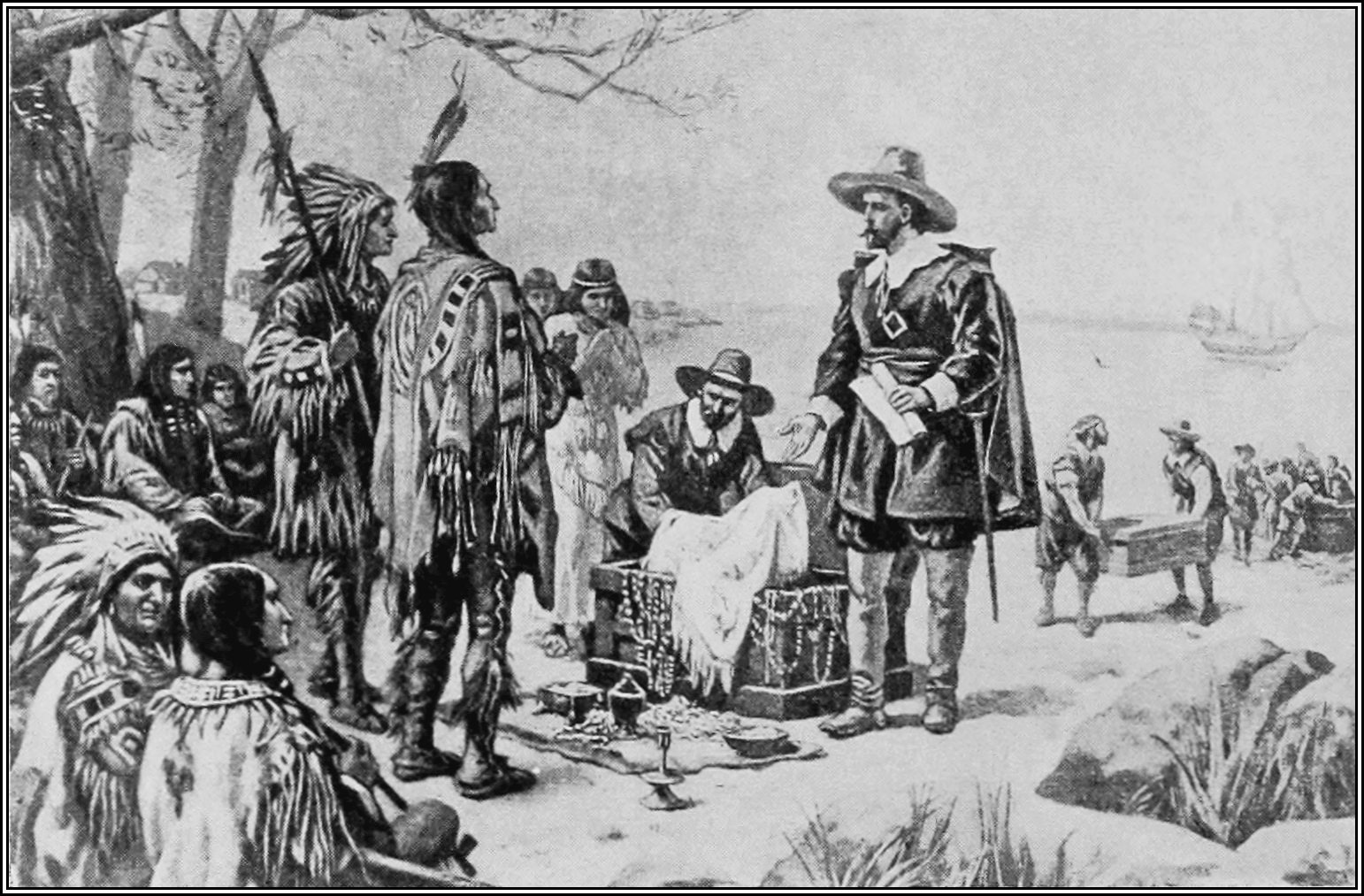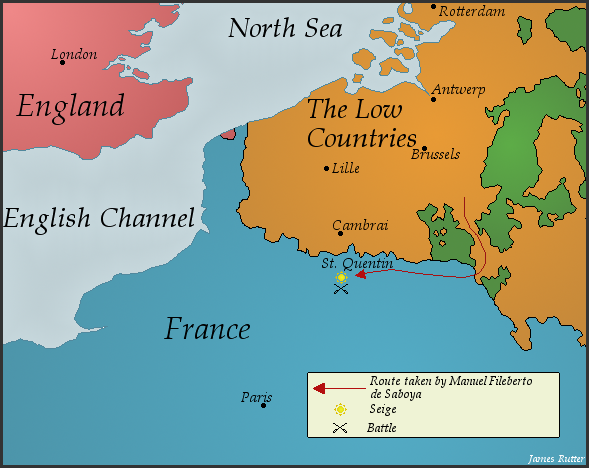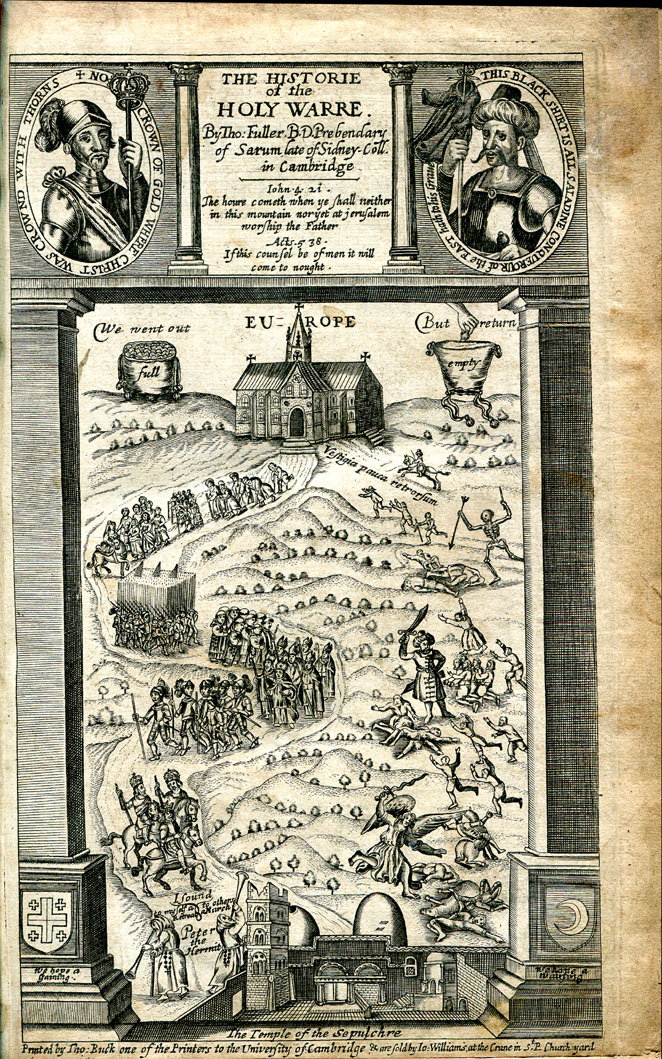|
Nicholas Fuller
Nicholas Fuller (c. 1557 – 1626) was an English Hebraist and philologist. Life The son of Robert Fuller by his wife Catharine Cresset, he was a native of Hampshire, and was born about 1557. He was sent to schools at Southampton, kept by John Horlock and Adrian Saravia. He entered, in the capacity of secretary, the household of Robert Horne, bishop of Winchester; and on his death through the influence of William Barlow who was Horne's brother-in-law, continued as secretary to John Watson. On Watson's death in 1584, he determined to live a scholar's life. His means were insufficient for his purpose, but he obtained an appointment as tutor to William and Oliver Wallop, sons of Henry Wallop, and, accompanying them to Oxford, instructed them by day, while he pursued his own studies at night. He was a member of Hart Hall, Oxford and graduated B.A. 30 January 1586, and M.A. 30 March 1590. He found a friend in Robert Abbot, took orders, and was presented to the ill-paid liv ... [...More Info...] [...Related Items...] OR: [Wikipedia] [Google] [Baidu] |
Hebraist
A Hebraist is a specialist in Jewish, Hebrew and Hebraic studies. Specifically, British and German scholars of the 18th and 19th centuries who were involved in the study of Hebrew language and literature were commonly known by this designation, at a time when Hebrew was little understood outside practicing Jewish communities. The 18th-century British academy was rife with pseudo-scholars, armchair anthropologists, mystics, and " enthusiasts" interested in the Hebrew language for diverse and polemical reasons. Empiricism from; the linguistic and historical discovery of Sanskrit, and the putative deciphering of Egyptian hieroglyphics by some; along with archaeological insight into the ancient Near East brought major sea-changes to Biblical history. Interest in the Hebrew language grew out of raging debates over the historicity of Noah's deluge and other Bible narratives, and even whether Hebrew is the most ancient language of the world taught to Adam by God himself. Some Heb ... [...More Info...] [...Related Items...] OR: [Wikipedia] [Google] [Baidu] |
Henry Cotton (bishop)
Henry Cotton (c.1545–7 May 1615) was an English bishop. Life He was the son of Sir Richard Cotton of Warblington, Hampshire, and his wife Jane Onley. He was a godson to Elizabeth I of England, and one of her chaplains. He was rector of Havant in 1567. He was elected Bishop of Salisbury on 28 September 1598. He gained Royal Assent on 24 October, was confirmed on 11 November, and consecrated at Lambeth the next day, and had the temporalities restored to him on 23 December 1598. In his time as bishop, a long-running struggle by the city of Salisbury Salisbury ( , ) is a city status in the United Kingdom, cathedral city and civil parish in Wiltshire, England with a population of 41,820, at the confluence of the rivers River Avon, Hampshire, Avon, River Nadder, Nadder and River Bourne, Wi ... for its charter was resolved, in 1612. He died in 1615 and was buried "in his own church" beside his wife, as he had requested in his Will. Notes 1545 births 1615 d ... [...More Info...] [...Related Items...] OR: [Wikipedia] [Google] [Baidu] |
Christian Hebraists
A Christian Hebraist is a scholar of Hebrew texts who approaches the works from a Christian perspective. The main area of study is the Hebrew text of the Bible (known as the Old Testament to Christians and as the Tanakh to Jews), but Christians have occasionally taken an interest in the Talmud and the Kabbalah. The discipline has long been a site of Jewish–Christian intellectual interaction. The early church fathers got their knowledge of Hebrew traditions (Masoretic, Midrashim and Aggadah) from Jewish teachers. That is seen especially in the exegesis of Justin Martyr, Aphraates, Ephraem Syrus and Origen of Alexandria. Jerome's teachers are even mentioned by name such as Bar Ḥanina (Hananiah). In the Middle Ages, Christian converts from Judaism provided a key source of Hebrew education, as native Christians rarely learned the language. As the Renaissance and Enlightenment proceeded, the discipline increasingly came to investigate extrabiblical texts, and eventually became ... [...More Info...] [...Related Items...] OR: [Wikipedia] [Google] [Baidu] |
17th-century English Anglican Priests
The 17th century lasted from January 1, 1601 (represented by the Roman numerals MDCI), to December 31, 1700 (MDCC). It falls into the early modern period of Europe and in that continent (whose impact on the world was increasing) was characterized by the Baroque cultural movement, the latter part of the Spanish Golden Age, the Dutch Golden Age, the French '' Grand Siècle'' dominated by Louis XIV, the Scientific Revolution, the world's first public company and megacorporation known as the Dutch East India Company, and according to some historians, the General Crisis. From the mid-17th century, European politics were increasingly dominated by the Kingdom of France of Louis XIV, where royal power was solidified domestically in the civil war of the Fronde. The semi-feudal territorial French nobility was weakened and subjugated to the power of an absolute monarchy through the reinvention of the Palace of Versailles from a hunting lodge to a gilded prison, in which a greatly expande ... [...More Info...] [...Related Items...] OR: [Wikipedia] [Google] [Baidu] |
1626 Deaths
Events January–March * January 7 – Polish-Swedish War: Battle of Wallhof in Latvia – Gustavus Adolphus, King of Sweden, defeats a Polish army. * January 9 – Peter Minuit sails from Texel Island for America's New Netherland colony, with two ships of Dutch emigrants. * February 2 – King Charles I of England is crowned, but without his wife, Henrietta Maria, who declines to participate in a non-Catholic ceremony. * February 5 – The Huguenot rebels and the French government sign the Treaty of Paris, ending the second Huguenot rebellion. * February 10 – Battle of Ningyuan: In Xingcheng in China, after an 8-day battle, Ming dynasty commander Yuan Chonghuan defeats the much larger force of Manchu leader Nurhaci, who dies soon after and is succeeded by Huang Taiji. * February 11 – Emperor Susenyos of Ethiopia and Patriarch Afonso Mendes declare the primacy of the Roman See over the Ethiopian Church, and Roman Catholicism ... [...More Info...] [...Related Items...] OR: [Wikipedia] [Google] [Baidu] |
1557 Births
__NOTOC__ Year 1557 ( MDLVII) was a common year starting on Friday of the Julian calendar. Events January–March * January 4 – Pietro Giovanni Chiavica Cibo becomes the new Doge of the Republic of Genoa for a term of 2 years as the term of the Doge Agostino Pinelli Ardimenti comes to an end. * January 6 – Italian War of 1551–1559: Gaspard II de Coligny, the French governor of Picardy (in northern France), launches surprise attacks on Douai and Lens in the Spanish Netherlands and captures both cities for France. * January 13 – Sigismund II Augustus, King of Poland and Grand Duke of Lithuania, issues an edict against Protestants, at the urging of the Archbishop Mikołaj Dzierzgowski, Primate of Poland. * January 28 – Bayinnaung, King of Burma and head of the Toungoo dynasty, conquers two the Shan States, Möng Mit and Hsipaw in what is now northern Myanmar. The event is later commemorated with an inscription on the Shwezig ... [...More Info...] [...Related Items...] OR: [Wikipedia] [Google] [Baidu] |
Thomas Fuller
Thomas Fuller (baptised 19 June 1608 – 16 August 1661) was an English churchman and historian. He is now remembered for his writings, particularly his ''Worthies of England'', published in 1662, after his death. He was a prolific author, and one of the first English writers able to live by his pen (and his many patrons).Stephen, Leslie (1889). " Thomas Fuller". In ''Dictionary of National Biography''. 20. London. pp. 315-320. Early life Fuller was the eldest son of Thomas Fuller, rector of Aldwinkle St Peter's, Northamptonshire. He was born at his father's rectory and was baptised on 19 June 1608. Dr John Davenant, bishop of Salisbury, was his uncle and godfather. According to John Aubrey, Fuller was "a boy of pregnant wit". At thirteen he was admitted to Queens' College, Cambridge, then presided over by John Davenant. His cousin, Edward Davenant, was a tutor there. He did well academically; and in Lent 1624–1625 he became B.A. and in July 1628, at only 20 years of age ... [...More Info...] [...Related Items...] OR: [Wikipedia] [Google] [Baidu] |
Edward Pococke
Edward Pococke (baptised 8 November 160410 September 1691) was an English Orientalist and biblical scholar. Early life The son of Edward Pococke (died 1636), vicar of Chieveley in Berkshire, he was brought up at Chieveley and educated from a young age at Lord Williams's School, Thame, Oxfordshire. He matriculated at Magdalen Hall, Oxford in 1619, and later was admitted to Corpus Christi College, Oxford (scholar in 1620, fellow in 1628). He was ordained a priest of the Church of England on 20 December 1629. The first result of his studies was an edition from a Bodleian Library manuscript of the four New Testament epistles (''2 Peter'', ''2'' and ''3 John'', ''Jude'') which were not in the old Syriac canon, and were not contained in European editions of the '' Peshito''. This was published at Leiden at the instigation of Gerard Vossius in 1630, and in the same year Pococke sailed for Aleppo, Syria as chaplain to the English factor. At Aleppo he studied the Arabic langua ... [...More Info...] [...Related Items...] OR: [Wikipedia] [Google] [Baidu] |
Adriaan Reland
Adriaan Reland (also known as ''Adriaen Reeland/Reelant'', ''Hadrianus Relandus''; 17 July 1676 – 5 February 1718)John Gorton, ''A General Biographical Dictionary'', 1838, Whittaker & Co. was a Dutch Orientalist scholar, cartographer and philologist. Even though he never left the Netherlands, he made significant contributions to Middle Eastern and Asian linguistics and cartography, including Persia, Japan and Palestine during the biblical ages ( the Holy Land).Zur Shalev, University of Haifa Digital Gallery, introduction to Reland's book ''Palaestina ex monumentis veteribus illustrata'' Early life Reland was the son of Johannes Reland, a Protestant minister, and Aagje Prins in the small North Holland village of De Rijp. Adriaan's brother, Peter (1678–1714), was an influential lawyer in Haarlem. Reland first studied Latin language in Amsterdam at age 11, and enrolled at University of Utrecht in 1693, at age 17, to study theology and philosophy. Initially interested in Hebrew a ... [...More Info...] [...Related Items...] OR: [Wikipedia] [Google] [Baidu] |
Critici Sacri
''Critici sacri'' was a compilation of Latin biblical commentaries published in London from 1660, edited by John Pearson. The publisher was Cornelius Bee. The work appeared in nine volumes, and collected numerous authors, both Protestant and Catholic, of early modern critical work on the Bible. It was intended to complement Brian Walton's '' Polyglot Bible'', and set off a series of subsequent related publications. The original work, while influential (particularly in making the notes of Grotius widely available), was not a connected Bible commentary, and was found to be long-winded, as well as scanty in other parts. Later publications attempted to address these shortcomings. ''Critici sacri'' (1660) The original full title was ''Critici Sacri, sive Doctissimorum Virorum in SS. Biblia Annotationes et Tractatus'', and it appeared in nine volumes starting in 1660. The commentary project was launched by Cornelius Bee, with the main editor being John Pearson, supported by Anthon ... [...More Info...] [...Related Items...] OR: [Wikipedia] [Google] [Baidu] |
John Pearson (bishop)
John Pearson (28 February 1613 – 16 July 1686) was an English theologian and scholar. He served with the Cavaliers in the English Civil War, acting as a chaplain to George Goring's forces. Life He was born at Great Snoring, Norfolk. From Eton College he passed to Queens' College, Cambridge, and was elected a scholar of King's College, Cambridge in April 1632, and a fellow in 1634. On taking orders in 1639 he was collated to the Salisbury prebend of Nether-Avon. In 1640 he was appointed chaplain to the lord-keeper Finch, by whom he was presented to the living of Thorington in Suffolk. In the Civil War he acted as chaplain to George Goring's Cavalier forces in the west. In 1654 he was made weekly preacher at St Clement's, Eastcheap, in London. With Peter Gunning he disputed against two Roman Catholics, John Spenser and John Lenthall, on the subject of schism, a one-sided account of which was printed in Paris by one of the Roman Catholic disputants, under the titl ... [...More Info...] [...Related Items...] OR: [Wikipedia] [Google] [Baidu] |
Johannes Van Den Driesche
Johannes van den Driesche [or Drusius] (28 June 1550February 1616) was a Flemish Protestant Anglicanism#Anglican divines, divine, distinguished specially as an oriental studies, Orientalist, Christian Hebraist and exegesis, exegete. Life He was born at Oudenarde, in Flanders. Intended for the church, he studied Greek language, Greek and Latin language, Latin at university of Ghent, Ghent, and philosophy at Old University of Leuven, Leuven; but his father having been outlawed for his religion, and deprived of his estate, retired to England, where the son followed him in 1567. He found a teacher of Hebrew language, Hebrew in Antoine Rodolphe Chevallier, with whom he resided for some time at Cambridge. In 1572 he became professor of Oriental languages at university of Oxford, Oxford. Upon the pacification of Ghent (1576), he returned with his father to their own country, and was appointed professor of Oriental languages at the University of Leiden in the following year. In 1585, he ... [...More Info...] [...Related Items...] OR: [Wikipedia] [Google] [Baidu] |






